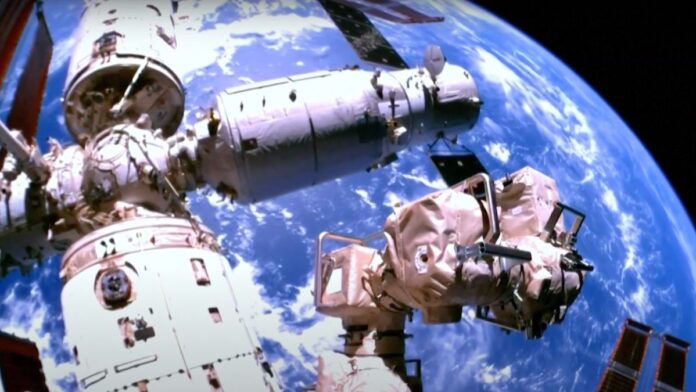More than 100 kinds of plant material for space breeding were sent to the Tiangong space station aboard the Shenzhou 16 mission, Chinese space officials have revealed.
The 136 seeds and other plant genetic materials delivered to Tiangong in late May come from 53 institutions, according to the China Manned Space Agency (CMSA).
These include 47 crops, consisting of 12 grain crop seeds, 28 cash crop seeds, seven saline-alkali tolerant plants, and 76 species of forest plants, grasses, flowers and medicinal plants. A further 13 microorganisms, including agricultural and industrial microorganisms, edible fungi, algae and mosses, are also part of the cornucopia of genetic material shipped to orbit.
Related: China is sending zebrafish to the Tiangong space station
Space breeding involves exposing seeds to cosmic radiation and microgravity in space to generate potentially beneficial genetic mutations. Changes could increase crop yields and make plants more resistant to drought and certain diseases.
China has been engaged in space breeding for decades, starting in the 1980s using recoverable Shijian spacecraft. Similar experiments are being conducted aboard the International Space Station (ISS).
China finished constructing Tiangong in 2022. The current crew, which arrived aboard the Shenzhou 16 spacecraft on May 30, is the fifth astronaut mission to visit the orbital outpost.

